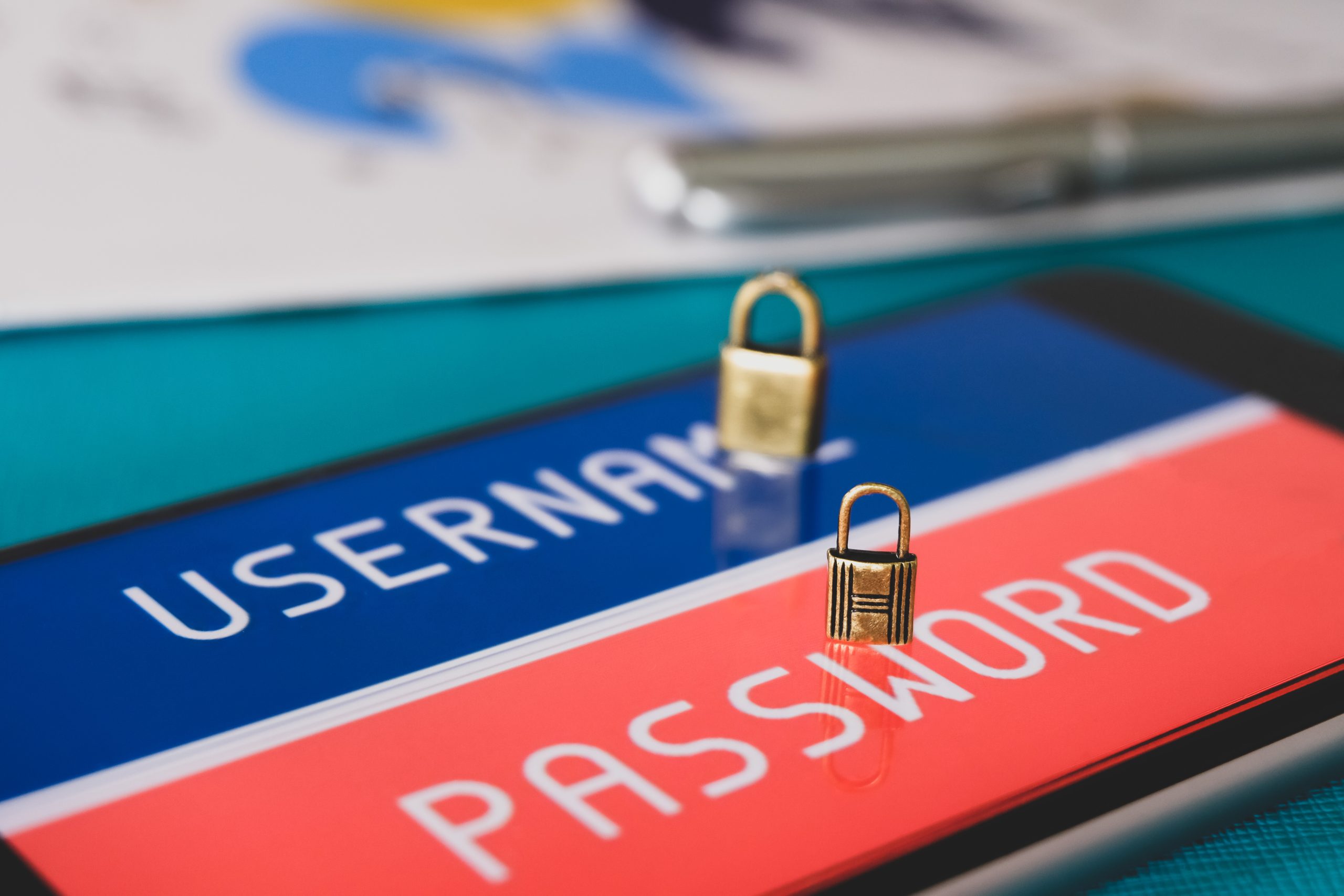Generative AI (GenAI) is transforming the way businesses work — automating content creation, summarizing documents, enhancing customer interactions, and improving decision-making. But for small businesses, adopting this powerful technology comes with a serious responsibility: maintaining strong data protection.
In this article, we explore how small businesses can harness the benefits of GenAI while keeping their customers’ and employees’ data safe.
What Is GenAI and Why Should Small Businesses Care?
GenAI refers to AI models that can generate text, images, audio, code, and other content based on prompts. Tools like ChatGPT, Claude, and Google Gemini are widely used by entrepreneurs, marketers, and customer service teams.
For a small business, GenAI can:
Write marketing content and social media posts Summarize client emails and meeting notes Generate proposals, product descriptions, and scripts Automate customer support responses
This means small teams can do more, faster — often at a lower cost.
The Data Protection Challenge with GenAI
While GenAI brings efficiency and creativity, it also introduces new data protection risks:
Sensitive Data Exposure Submitting confidential or personal data into a GenAI tool can violate data protection laws — especially if the tool stores or processes that data without proper controls. Compliance with POPI South African small businesses must follow the Protection of Personal Information Act (POPI). Using GenAI tools irresponsibly could result in accidental breaches of customer privacy, which could lead to fines and reputational damage. Unknown Data Handling Many GenAI providers process data through international servers, raising questions about where your data goes, how it’s stored, and whether it’s reused to train the model.
Tips for Using GenAI Responsibly in Your Small Business
To get the best out of GenAI while staying compliant with data protection requirements, here are some best practices:
1. Use Business-Grade AI Tools
Choose AI platforms that offer enterprise or business versions, which are built with stronger privacy settings and do not train on your data.
2. Avoid Inputting Personal Information
Never paste names, ID numbers, email addresses, financial data, or other personal identifiers into public GenAI tools.
3. Review and Audit Outputs
GenAI-generated content can be inaccurate or biased. Always review outputs, especially when used for customer-facing material or decision-making.
4. Educate Your Team
Train employees on the safe use of GenAI. Make sure they understand the rules around data protection and what types of information are off-limits.
5. Build a Data Protection Policy for AI
Update your company’s data protection policy to include GenAI usage. Clarify what tools are approved and how data should be handled.
How GenAI Can Actually Help with Data Protection
Interestingly, GenAI can also support data protection if used strategically:
Policy Drafting: It can help draft privacy policies or POPI compliance documents faster. Training Content: Generate internal training materials around cybersecurity and privacy awareness. Data Summarization: Automatically summarize lengthy legal or compliance documents, helping small business owners stay on top of regulations.
Conclusion: Empower Your Small Business with AI, Safely
GenAI is a powerful tool that can level the playing field for small businesses. But with great power comes great responsibility. Prioritizing data protection while using GenAI is not just about avoiding legal trouble — it’s about protecting your customers, your reputation, and the future of your business.
By using AI responsibly, small businesses in South Africa can stay competitive, creative, and compliant in an ever-changing digital world.
Target Keywords Summary:
small business: 10 mentions data protection: 9 mentions GenAI: 9 mentions POPI: 3 mentions
Would you like this content adapted for a brochure, slide deck, or social media campaign for your business?

